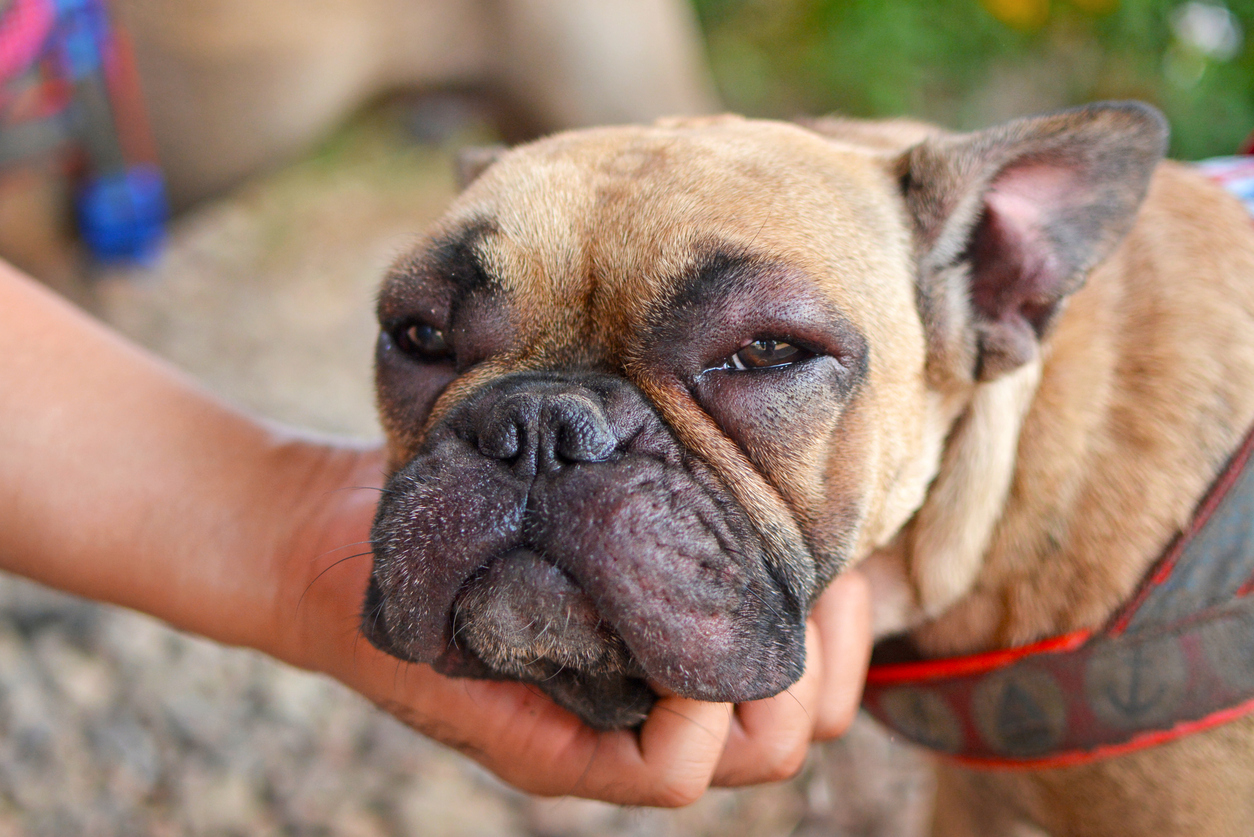Pets, like humans, can suffer from allergies. Whether it’s an environmental irritant, a food ingredient, or a pesky parasite, allergies can leave your furry friends uncomfortable and itching for relief. Understanding what causes allergies and how to manage them can significantly improve your pet’s quality of life.
What Are Pet Allergies?
Allergies in pets occur when their immune system reacts abnormally to substances it perceives as harmful, even when they’re not. These substances, known as allergens, can trigger a range of symptoms that vary in severity.
Common Symptoms of Allergies in Pets
- Skin Irritation: Itching, redness, rashes, or hair loss.
- Digestive Issues: Vomiting, diarrhea, or flatulence.
- Respiratory Symptoms: Sneezing, coughing, or wheezing.
- Ear Problems: Recurrent infections, scratching, or discharge.
Types of Allergies in Pets
- Environmental Allergies:
- Caused by pollen, dust mites, mold, or grasses.
- Often seasonal, with flare-ups during specific times of the year.
- Food Allergies:
- Triggered by specific ingredients like beef, chicken, dairy, or wheat.
- Symptoms include digestive upset and skin issues.
- Flea Allergies:
- Result from a reaction to flea saliva.
- Causes intense itching and skin infections if untreated.
- Contact Allergies:
- Occur due to direct contact with an irritant, like certain shampoos or cleaning products.
Diagnosing Pet Allergies
If you suspect your pet has allergies, consult your veterinarian. They may recommend:
- Skin Tests: To identify environmental allergens.
- Elimination Diets: To determine food allergies.
- Blood Tests: To pinpoint specific allergens.
Managing Pet Allergies
- Regular Grooming: Bathe pets with hypoallergenic shampoos to remove allergens from their coat.
- Flea Prevention: Use vet-approved flea treatments year-round.
- Dietary Changes: Switch to limited-ingredient or hypoallergenic pet food if food allergies are suspected.
- Medications: Antihistamines, corticosteroids, or allergy shots prescribed by your vet can reduce symptoms.
- Environmental Adjustments: Keep your home clean, use air purifiers, and limit outdoor exposure during peak allergy seasons.
By identifying and managing allergies effectively, you can ensure your pet stays comfortable and happy year-round.

